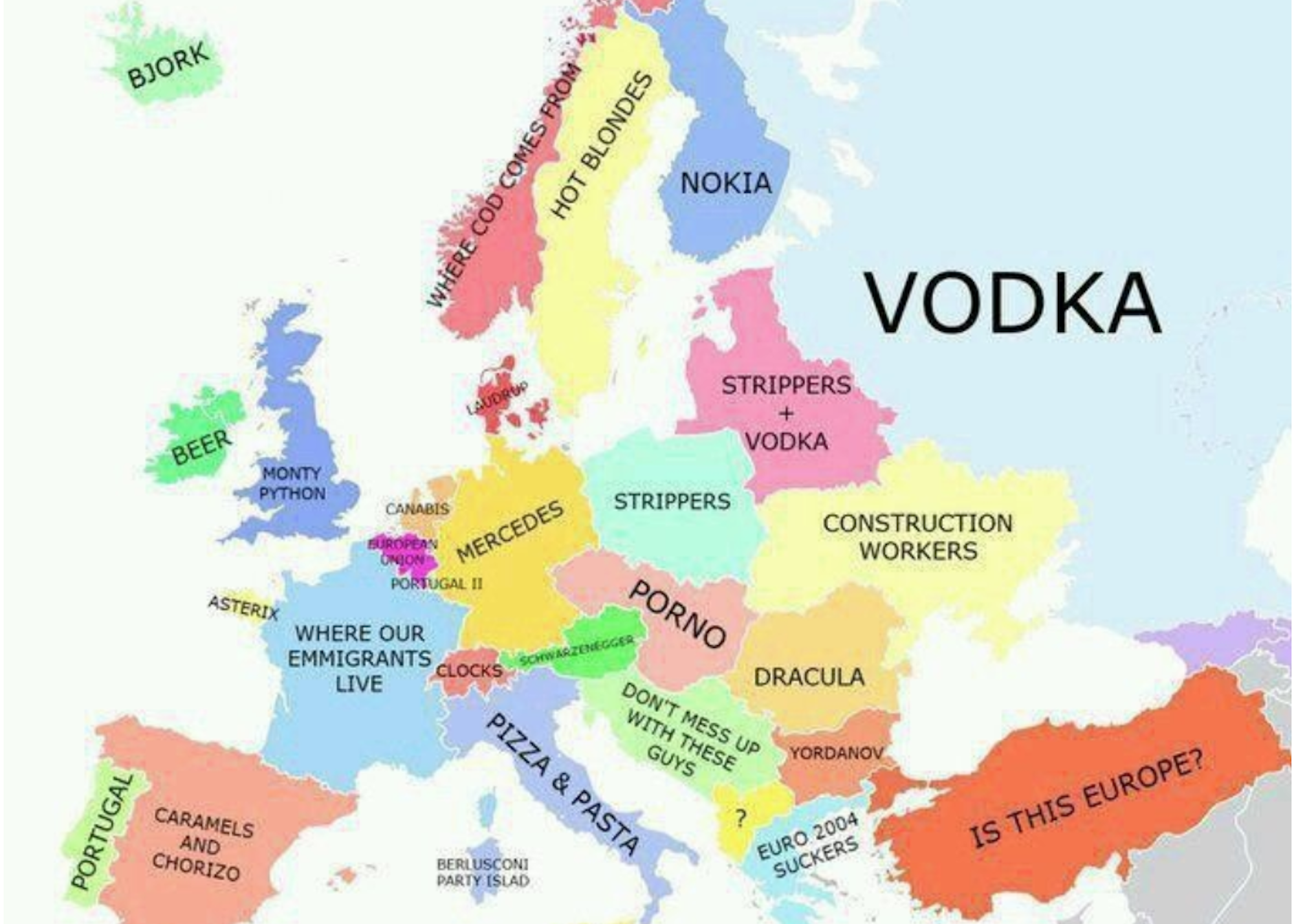Throughout Primo Levi’s description of his own personal experience as a concentration camp prisoner during the Nazi regime, he constantly refers to the way on which he experienced his suffering. He definitely lived under a condition of dispossession, not only concerning material goods, but mostly on a state of mind on which he sometimes felt dispossessed of his humanity, of his own identity. He also explains how people at his same situation drifted between two extremes, among pessimism and optimism. By the end of the chapter “Initiation” he mentions something very important: “We are slaves, deprived of every night, exposed to every insult … but we still posses one power, and we must defend it with all our strength for it is the last – the power to refuse our consent” (p. 36). Under this framework, what can we say about what it means for men and women to struggle for daily survival at some of the darkest moments in the history of humanity? How can the will to live, the conscience of an own identity, and more importantly; of an own intentionality at exercising our will can potentially help us preserve our dignity, identity and faith during the darkest moments? How can this consciousness relieve the psychological impact of seen ourselves been physically and mentally subjugated to the power of a bloody regime?

Europe’s Long Twentieth Century (HIS270 S20)
Modernity in the Making